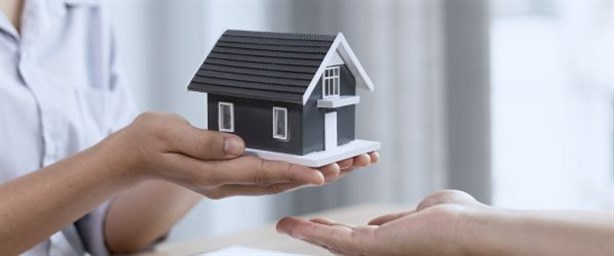When living in a homeowners association (HOA), residents often hear terms like “maintenance,” “repairs,” and “capital improvement.” Understanding the differences between these is crucial, not just for budgeting purposes, but for long-term financial planning and community satisfaction.
Let’s take a closer look at what qualifies as a capital improvement, how it differs from routine maintenance, and why it matters for your community’s financial health.
What Is a Capital Improvement?
A capital improvement refers to a substantial upgrade, replacement, or addition to a common area element that adds value, extends its useful life, or adapts it to a new use. These are not routine repairs or cosmetic fixes. Instead, they are long-term investments in the community’s infrastructure.
Examples of Capital Improvements:
- Replacing a community’s roof system
- Installing new energy-efficient lighting throughout the neighborhood
- Resurfacing or expanding a community pool
- Adding security gates or smart access systems
- Building new amenities like a clubhouse or pickleball courts
These projects typically require planning, budgeting, and approval from the HOA Board and may be paid for out of the association’s reserve fund or through special assessments.

How Capital Improvements Differ From Routine Maintenance
It’s easy to confuse maintenance and improvements. The main differences come down to scope, cost, and purpose:
| Maintenance | Capital Improvement |
|---|---|
| Day-to-day upkeep | One-time investment |
| Keeps current systems operational | Adds long-term value or functionality |
| Funded from operating budget | Funded from the operating budget |
| Examples: repainting, HVAC tune-up, irrigation repair | Examples: full roof replacement, street resurfacing, pool expansion |
Understanding this difference helps HOA board members make smarter budgeting decisions and avoid misusing funds.
Why HOA Financial Planning Matters
Ignoring capital improvements can result in:
- Higher long-term repair costs
- Emergency assessments
- Lower home values due to deteriorating amenities
Proactive HOAs schedule these upgrades based on reserve studies, which evaluate the condition of common area components and estimate when major repairs or replacements will be needed. This allows the Board to prepare realistic budgets, maintain property values, and avoid surprise costs.
Funding Capital Improvements: Reserve Funds vs. Special Assessments
Capital improvements are typically funded through:
- HOA Reserve Funds: Money set aside over time based on reserve studies. Well-managed associations regularly contribute to this fund as part of their annual budgeting.
- Special Assessments: One-time charges to homeowners when reserves fall short or an unexpected project arises.
Associations that underfund their reserves often face backlash from homeowners when special assessments become necessary. Transparent communication and long-range planning are key.

Loan or Special Assessment
Other funding options may include establishing a capital improvement fund, the Association taking out a loan, or establishing a special assessment to fund the project.
Suppose a community’s governing documents allow for the collection of special closing fees. The Board of Directors may establish a closing fee to fund capital improvements. While this funding option may have the least impact on the community’s immediate finances, it also takes longer for the community to accumulate the desired funds, as it relies on home closings. Therefore, this may not provide a funding timeline that meets the community’s desires.
A more immediate funding option would be for the community to take out a capital improvement loan to fund the project. If allowed by the governing documents, the community needs to put together a comprehensive project plan to present with the loan application for the lending institution’s review. This may involve hiring a project manager, architect, or other professionals to assist in preparing these documents.
If the options above are not viable, the Board of Directors may choose to consider a special assessment to fund the project. A special assessment may provide more immediate funding for the project than collecting closing fees, and it avoids the challenges of getting financing from a lending institution. However, special assessments have their own challenges. First, many homeowners dislike special assessments and may not be in a financial position to pay them. In addition to the individual homeowner’s impact of a special assessment, the Association’s governing documents may have strict requirements for approving special assessments.
How to Prepare for Capital Improvements as an HOA Board Member
- Review your Reserve Study regularly. Update it every 3–5 years or after completing significant improvements.
- Prioritize capital projects. Not everything needs to be done at once—focus on critical repairs and improvements that offer the most significant long-term benefits.
- Build consensus. Educate homeowners on why improvements are necessary and how they’re funded.
- Consult professionals. Rely on HOA management companies, financial experts, and engineers for guidance.

Capital improvements are more than large expenses—they’re strategic investments in your community’s safety, aesthetics, and property values. With proper planning, clear communication, and responsible financial management, your HOA can handle these upgrades efficiently and proactively.
Want help evaluating your community’s next capital improvement? Reach out to Associated Asset Management for expert guidance on project planning, reserve funding, and HOA financial services.






















